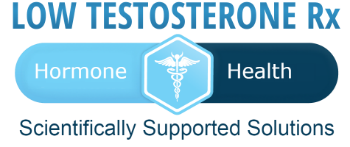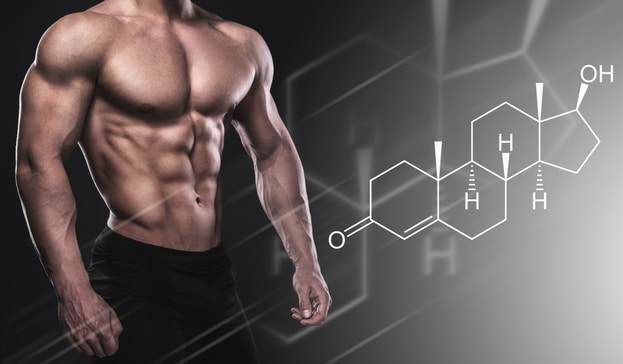The best exercises to increase testosterone
There you are, a middle age man. Tired and lacking of enthusiasm (with life and in the bedroom). One simple lifestyle change can improve your life. Exercise. The secret to boosting testosterone!
Low testosterone can affect a man’s sex drive, muscle mass, energy, mental health and more. If you are low in testosterone, exercise may help.
“Exercise will boost testosterone, though certain types of exercise increase testosterone more than others,” says Richard Jadick, D.O., a Piedmont urologist.
Exercise can raise testosterone because it promotes:
- Muscle building. The more muscle you have, the higher your testosterone levels.
- Weight maintenance. Research has found a link between obesity and low testosterone.
Exercises that increase testosterone
Weightlifting
“Research has shown that lifting heavier weights is the best form of exercise to boost testosterone,” says Dr. Jadick. “As muscle mass increases, it will trigger the body to produce more testosterone.”
He suggests performing two sets of three to five reps at 95 percent of your maximum effort, targeting larger muscle groups, like the quadriceps, hamstrings, back and chest. But don’t ignore smaller muscle groups, like the biceps, calves and shoulders: Strengthening your entire body helps prevent injury and speeds up your metabolism.
If you are new to weightlifting, hire a personal trainer for at least one session to show you the ropes so you don’t get injured.
High-intensity interval training
High-intensity interval training (HIIT) has also been shown to raise testosterone levels. A few studies suggest resting for one to two minutes between intervals has most benefits.
“I recommend lifting weights for 30 to 45 minutes two to three times per week,” says Dr. Jadick. “On your off days, do cardiovascular exercise or HIIT.”
This combination will not only enhance testosterone, it will also promote good heart health.
Exercise that lowers testosterone
“Chronic endurance exercise — such as cycling or running for hours — has been shown to decrease testosterone,” says Dr. Jadick. “High-endurance athletes tend to have higher levels of cortisol, which has the opposite effect of testosterone. The more endurance exercise you do, the more likely you are to break down muscle tissue.”
Endurance training isn’t necessarily bad for you, he says, but cortisol can have an impact on your muscle mass, sleep and mood. On the other hand, moderate cardio exercise (30 minutes, five days a week) will protect your heart health and won’t trigger excess cortisol production.
The best time of day to work out
“Afternoon exercise is best for boosting testosterone, while morning exercise is ideal for jump-starting your metabolism,” says Dr. Jadick. “For optimum results, consider doing a cardio session in the morning and weight training after work.”
He adds, “Many men are so run-down after work that they skip the gym. If that’s the case, we can talk about supplementation.”
If you can fit in only one workout a day, choose the time that works best for your schedule.
Testosterone supplements
“You may not need a testosterone supplement forever, but it can help until you get your lean muscle mass up and your fat ratio down,” he explains. “Without healthy testosterone levels, you will run out of energy and won’t want to work out.”
Dr. Jadick emphasizes that he’s talking about prescription testosterone supplements, not over-the-counter products. He also says it’s crucial to take supplements only under the care of a physician as they can have side effects.
Health consequences of low testosterone
“As we get older, our testosterone naturally decreases,” explains Dr. Jadick. “As we gain weight, we lose even more testosterone. When your testosterone is low, you’ll eat more, gain weight and have even lower energy, which can have numerous health consequences.”
If you have signs of low testosterone, have a conversation with your primary care physician or urologist.

